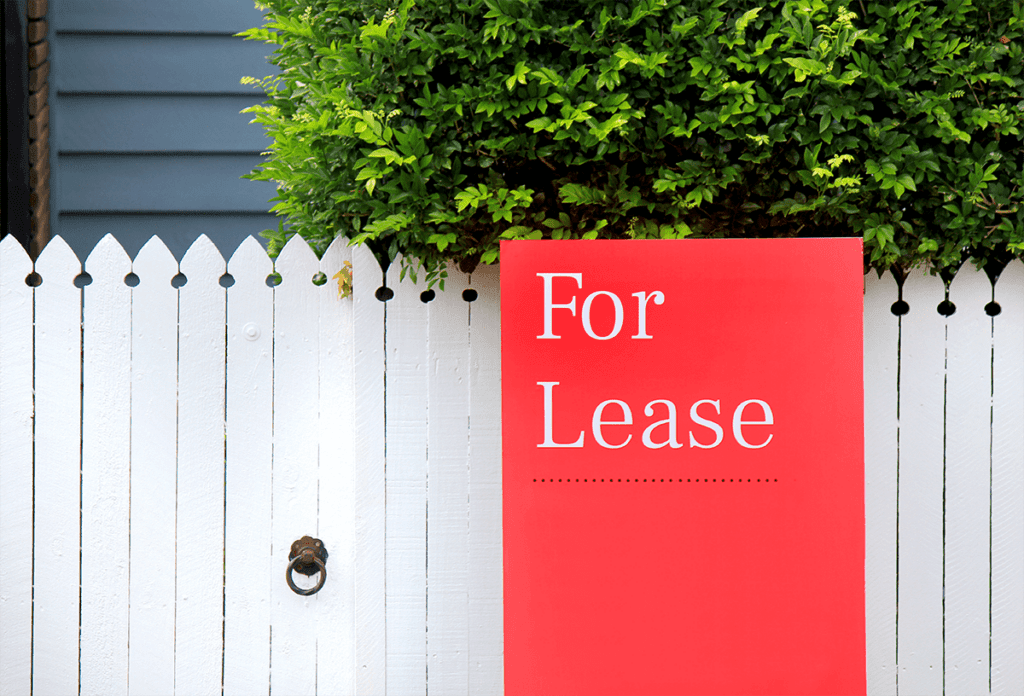Lease renewals and negotiations can be a defining moment in property management, impacting both tenant retention and overall occupancy rates. For property owners in California, where rental laws are complex, it’s crucial to handle renewals with care, balancing tenant satisfaction with business needs. This guide offers a comprehensive look at rental lease renewals, including practical steps, legal considerations, and negotiation tips to help you succeed.
Start the Renewal Process Early to Streamline Transitions
Proactive renewal discussions help avoid last-minute challenges and give tenants time to decide if they want to stay. Aim to start this process 90 days before the lease expires. During this period, reach out to tenants to gauge their interest in renewing and address any potential questions.
Tip: Sending a renewal notice with a deadline for response encourages tenants to make timely decisions, giving you ample time to prepare if they decide to vacate.
Conduct a Market Analysis to Adjust Rent Fairly
Before proposing any rent adjustments, conduct a thorough analysis of the local rental market. Look at comparable properties in the area and factor in recent changes, such as local demand or property improvements. Transparency in this area demonstrates your commitment to fair pricing and helps tenants understand any changes.
Tip: Share a brief overview of your market research with tenants to support any proposed rent increase, which can ease concerns over rising costs.
Review and Update Lease Terms for Better Clarity
Lease renewals are an ideal time to refine or update any lease terms. If you’ve noticed any recurring issues over the past year, such as misunderstandings regarding pet policies or parking guidelines, now is the time to clarify. Clear, precise terms set the foundation for a positive tenant experience and reduce the likelihood of conflicts.
Tip: When updating lease terms, use plain language and include a brief explanation of the changes, making it easier for tenants to understand and accept.
Offer Incentives for Long-Term Renewals to Increase Retention
Consider offering small incentives to encourage tenants to sign longer leases. Options could include minor property upgrades, a small rent discount for multi-year renewals, or enhanced amenities such as parking privileges. These incentives not only foster tenant loyalty but also reduce turnover-related expenses.
Tip: Include any renewal incentives in your initial renewal notice, allowing tenants time to consider the benefits and increasing the likelihood of renewal.
Prioritize Open Communication for a Positive Negotiation Process
Effective communication can make all the difference during lease renewals. Approach discussions with a collaborative mindset, inviting tenants to share their thoughts and preferences. This not only builds trust but also allows you to address any concerns they may have before signing.
Tip: Offer flexible communication options—such as phone calls, video meetings, or in-person discussions—to make the renewal process convenient and accessible for all tenants.
Understand and Adhere to California’s Rental Laws
California has strict rental laws that govern lease renewals, including regulations on notice periods, rent increase limits, and security deposits. Make sure you’re familiar with state and local regulations to ensure compliance. For instance, the California Civil Code requires specific notice periods for rent increases over 10% or when transitioning from fixed-term to month-to-month leases.
Tip: Consider consulting a real estate attorney or using property management software that tracks regulatory changes, ensuring all renewals align with California laws.
Provide Resources and Tips for Tenants to Ease Their Decision
If tenants are uncertain about renewing, offering resources or information can ease their decision-making process. Share tips on budgeting for rent increases, offer insights on local market trends, or suggest options for lease flexibility. This supportive approach demonstrates that you prioritize tenant well-being, reinforcing positive relationships.
Tip: Include a FAQ section on your website dedicated to common lease renewal questions. This helps tenants find answers quickly and positions you as a knowledgeable resource.
Plan for Smooth Transition if the Tenant Decides Not to Renew
Not all tenants will choose to renew, and that’s okay. To prepare for this, establish a clear move-out process, including an inspection checklist and a timeline for returning security deposits. This proactive approach helps you transition smoothly between tenants, minimizing vacancy periods and preparing the property for the next resident.
Tip: Consider offering an exit survey to departing tenants to gather feedback on their experience. This can provide valuable insights for improving future tenant relationships.
A well-planned approach to lease renewals in California can simplify the process, reduce tenant turnover, and build long-term tenant relationships. By staying proactive, transparent, and responsive, property managers and owners can navigate renewals smoothly, meeting both tenant needs and business goals. For expert assistance with lease renewals or other property management needs, Three Palms Property Management is ready to support you.

